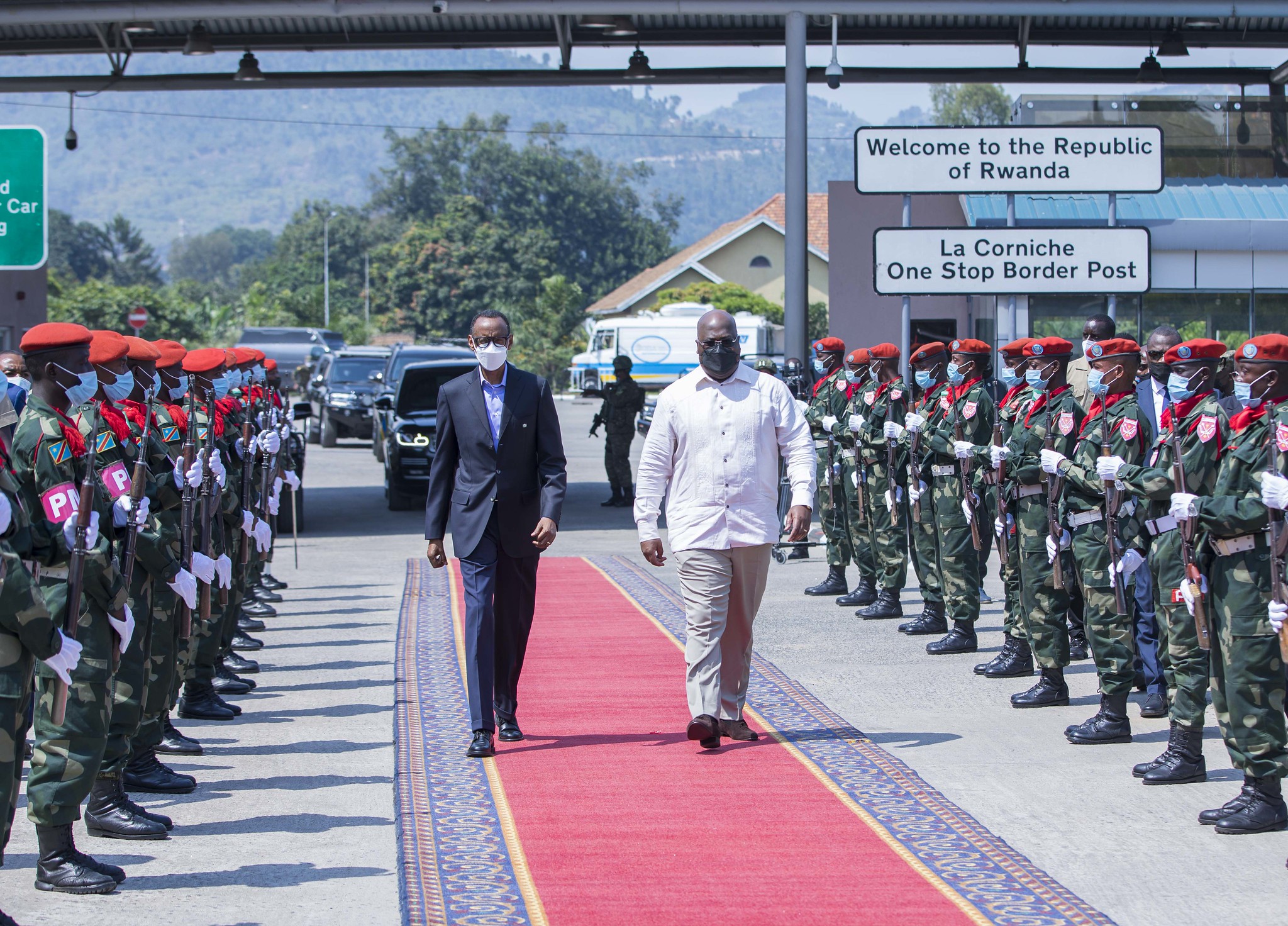- cross-posted to:
- politics
- cross-posted to:
- politics
As an activist, I firmly believe that the Rwandan diaspora must continue to lead efforts in raising awareness about the human rights abuses under Paul Kagame’s regime. Initiatives like Ingabire Day, which is dedicated to remembering and telling the stories of victims and exposing ongoing violations, are vital for keeping pressure on the international community to reevaluate its stance on Rwanda.
Western governments must confront the truth and shift their policies, no longer turning a blind eye to Kagame’s violations in the name of stability. As many wise individuals have previously highlighted, in situations of injustice and oppression, neutrality is not an option, as it implicitly condones the actions of the oppressor and exacerbates the suffering of the victims. Therefore, in the case of Rwanda, Western governments must stand with the voices of the victims. It is time for a more honest engagement with Rwanda, one that upholds human dignity and champions true democratic governance. Only then can Rwanda and the region achieve lasting peace and prosperity.
About the author: Denise Zaneza is a human rights activist dedicated to advocating for peace, democracy, and the rule of law in Rwanda and the broader Great Lakes region.
The rhetoric here stinks the same way a NGO/think tank-sphere article does.
Experts, activists, and concerned onlookers advocate for "some kind of action" to "humanitarian crises" which basically means sanctions or otherwise western interventions like regime change; this article explicitly calls for more sanctions of government personnel and commends reduction of aid (which yes isn't so black and white but if neocolonial relations are established and conditions lead to reliance on aid for necessities like food, simply removal of aid always hurts the people who need it the most first). I really hate that journalism etc really comes down to this, since it really calls into question the motives of the writers and whether what they're writing is true/accurate or exaggerated. I'm leaning into the latter when the author cites HRW or Jeffrey Smith of Vanguard Africa and even more so when citing Freedom House.
Like, if I was a local, I would probably agree with putting restrictions on someone whose exile placed them into the imperial core for many years, and was returning to try to make waves politically. That makes sense. Even if I knew that my current political orgs/leaders are kinda compradors, inviting more overt actors to siphon wealth from the country is a no-go. Decrying 'human rights abuses' for would-be western collaborators and diminishing the dignity and humanity of people who fight for liberation is the standard when it comes to agents for manufacturing consent.
Motivations aside, reports of Rwandan activities in DRC is concerning.
